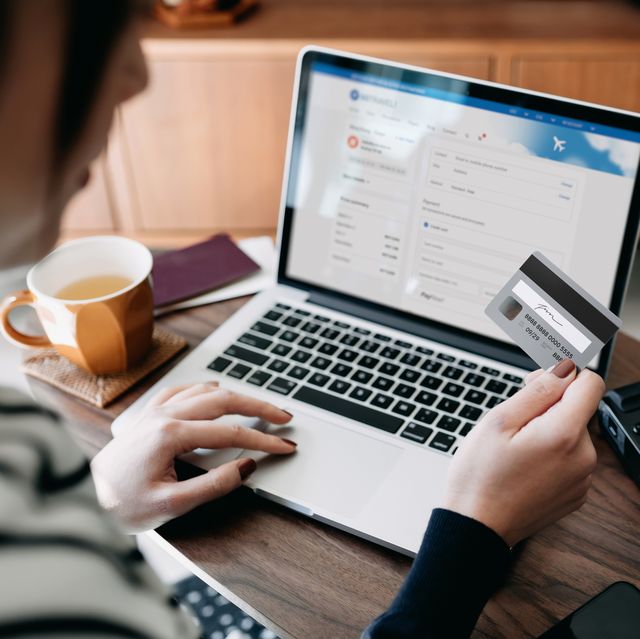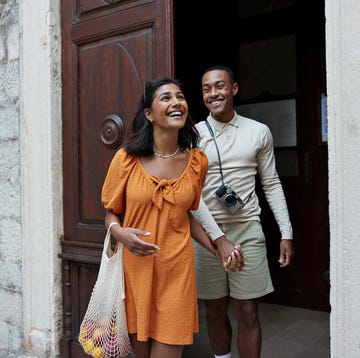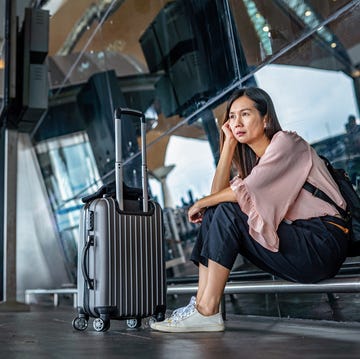1Skip Google's sponsored search results
 enigma_images//Getty Images
enigma_images//Getty Images“Don’t rely on the Google sponsored placements at the top of the search, as scammers also pay to have their websites at the top,” warns Cameron Temple, founder of The Luxury Chalet Company. Instead, he recommends going by organic search results and checking if the website has a well-rated Google business profile. “Google has and continues to place legitimate websites throughout their key phrase organic search results by ensuring websites are EEAT: experienced, experts, have authority and are trustworthy.”
2Double check the website address
 sefa ozel//Getty Images
sefa ozel//Getty ImagesAnd never click on any email or text links. “Scammers can employ sophisticated tactics, such as duplicating legitimate travel websites, creating convincing replicas that can be really difficult to spot,” notes Hannah Hood, a marketing manager and phone fraud expert at Phonely. “These fraudulent websites are designed to steal your money or personal details, posing a significant threat to your financial security and privacy. It's crucial to take proactive steps like checking the website address to ensure you're on a legitimate platform. Also, make sure it starts with https:// – this is used by any website that needs to secure users and is the fundamental backbone of all security on the internet.” When in doubt, always type in the website address yourself.
Advertisement - Continue Reading Below
3Book direct and via reputable travel sites
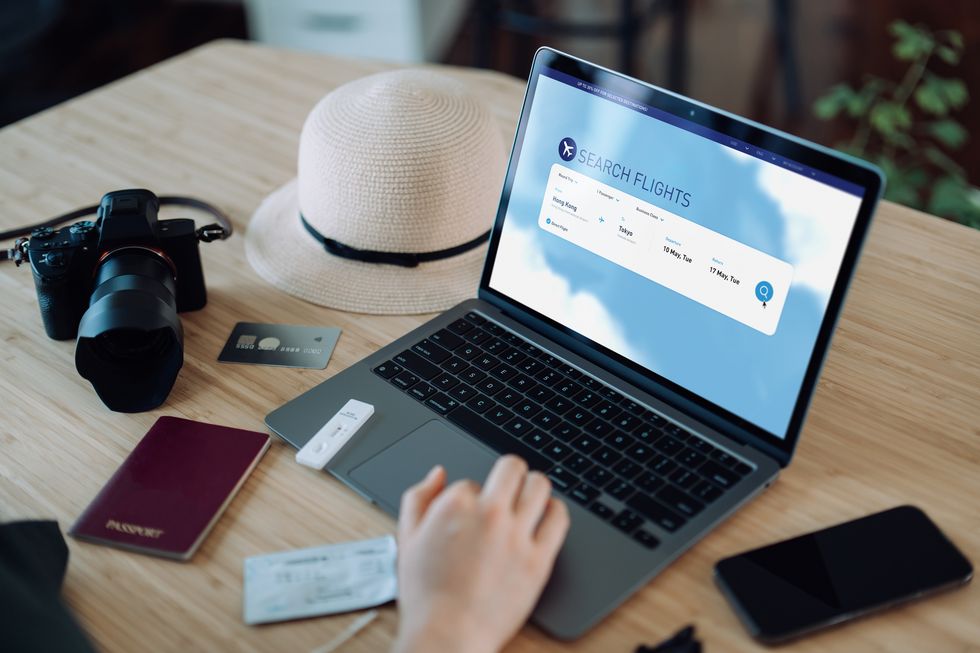 d3sign//Getty Images
d3sign//Getty ImagesBecky Hart, Content Marketing Strategist of Seven Corners Travel Insurance, advises travelers to always book directly with the travel provider. “It’s tempting to go through a third party if it looks like we can get a better price. You don’t always know if that person is a legitimate seller, though.” Stick to sites you know and trust, and you may even want to avoid reputable third-party channels, as issues can arise if you need to cancel. “Even if it’s not a scam, sometimes having a go-between to get your tickets or service can create more headaches. There are more hoops to jump through if you have to cancel and want to get your money back, or if you simply have questions.”
4Read the reviews
 Delmaine Donson//Getty Images
Delmaine Donson//Getty ImagesAnd make sure there are plenty of them. Lauren Gumport, Vice President of Communications & Brand at Faye Travel Insurance, tells us that most travel insurance policies typically don't cover scam scenarios. “Keep that in mind when booking accommodations and make sure the place you want to book has dozens of reviews before paying.”
Luxury Travel Expert Kat Fleischman agrees. “Conduct research on the property and the host. Look for reviews and ratings from previous guests and check how many stars they have or if they are a super host.” She also suggests communicating directly with the host through the platform’s messaging system. It's also a huge red flag if your host asks for payment outside of the platform.
Advertisement - Continue Reading Below
5Beware of any freebies
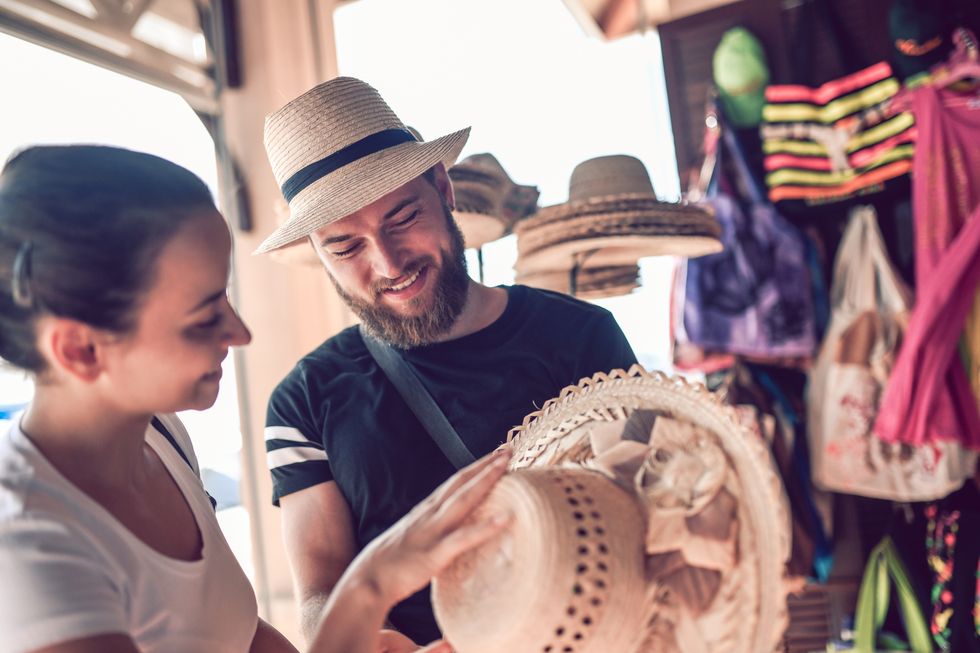 AleksandarGeorgiev//Getty Images
AleksandarGeorgiev//Getty ImagesAssume nothing is free, and that if it sounds too good to be true then it likely is. For example, a free trip. “Look for reviews and ratings and Google the company name and the word scam for any red flags,” recommends Fleischman. “Never provide personal information or payment without doing your research first.”
At your destination, you may also be offered free gifts, like flowers or food samples. “After you accept the ‘gift,’ you’re asked for money,” notes Hart. “When in doubt about the legitimacy of the offer, simply say no thank you.”
6Know the price going in
 SolStock//Getty Images
SolStock//Getty Images“Whether arranging a tour onsite or getting a taxi, determine the price beforehand to reduce confusion and avoid getting the runaround,” says Hart. “If you’re negotiating a ride somewhere, you might agree on the route, too. All too often, drivers will try to take you on the ‘scenic route’ to run up the meter.”
Advertisement - Continue Reading Below
7Research common scams in your destination
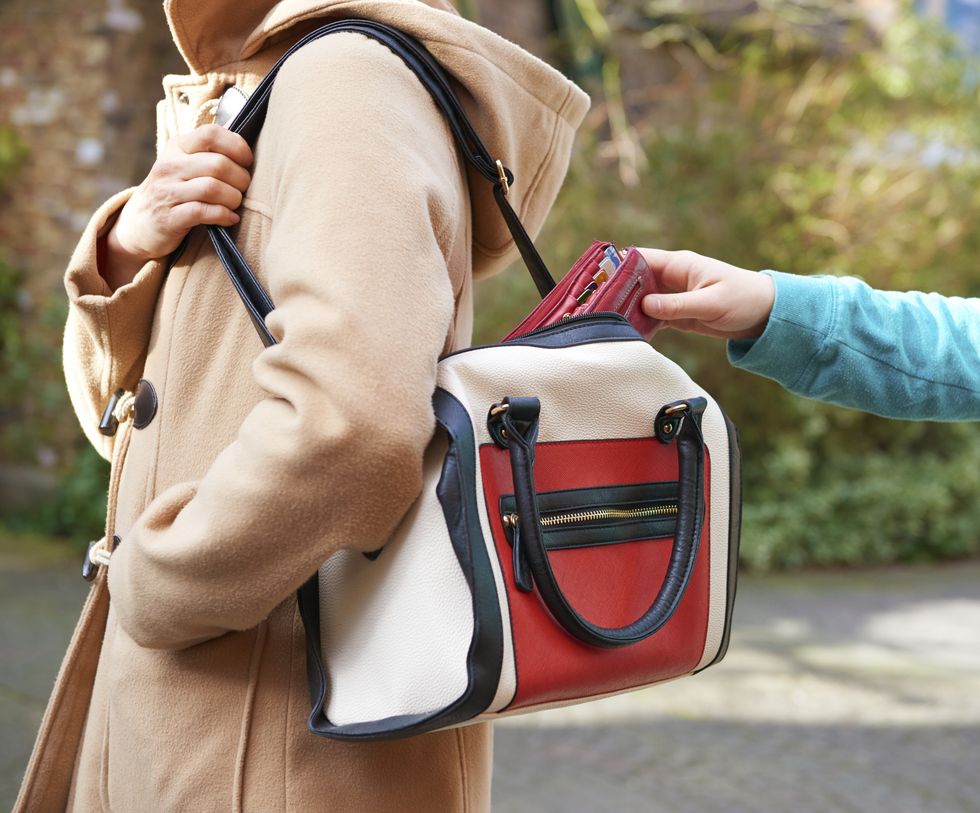 Peter Dazeley//Getty Images
Peter Dazeley//Getty ImagesAccording to Fleischman, awareness is key to avoiding falling victim. “Be cautious when dealing with street vendors and always confirm prices before buying. Stick to reputable tour operators recommended by trusted sources, such as hotels or official tourism websites and check website reviews from other people.” Be aware of common pickpocket scams too, which are rampant in many destinations. “Keep your belongings secure, and be aware of distractions, such as strangers bumping into you or creating a commotion.”
8Use ATMs located in secure, well-lit areas
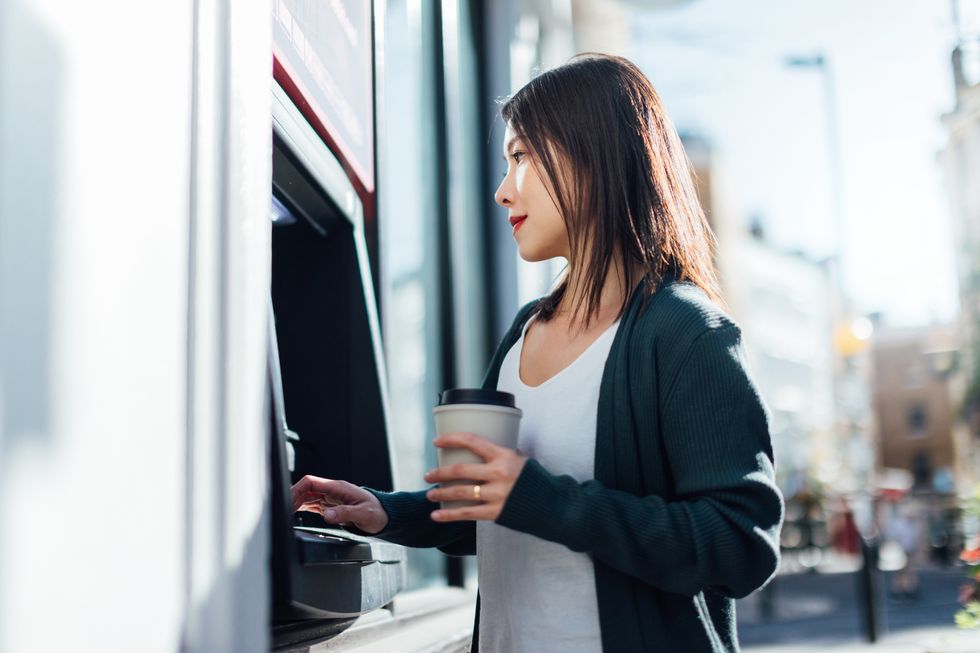 Oscar Wong//Getty Images
Oscar Wong//Getty ImagesIf it’s inside of a bank, even better. Fleischman suggests inspecting the ATM for any signs of tampering before use too. “When exchanging currency, research the exchange rates and compare them with the rates offered by exchange offices. Count your money carefully, and examine it for any signs of counterfeiting before leaving the exchange office or ATM.”
Advertisement - Continue Reading Below
9Use reputable taxi and transport companies
 Buena Vista Images//Getty Images
Buena Vista Images//Getty ImagesThis protects you and your money. “Verify that the taxi has proper identification and markings before getting in, and ensure the meter is running before starting the ride so you don't get screwed,” says Fleischman. When in doubt, have your hotel call a taxi for you. If you're used to Uber or Lyft in your country, note that service can be restricted depending on where you visit.
Will Bolsover, Founder & CEO of luxury travel outfitter Natural World Safaris, tells us another “good way for travelers to ensure that they’re getting a good price with a trusted company is to talk to a destination specialist who will be able to help them secure transfers ahead of time.”
10Always choose the local currency when using a credit card abroad
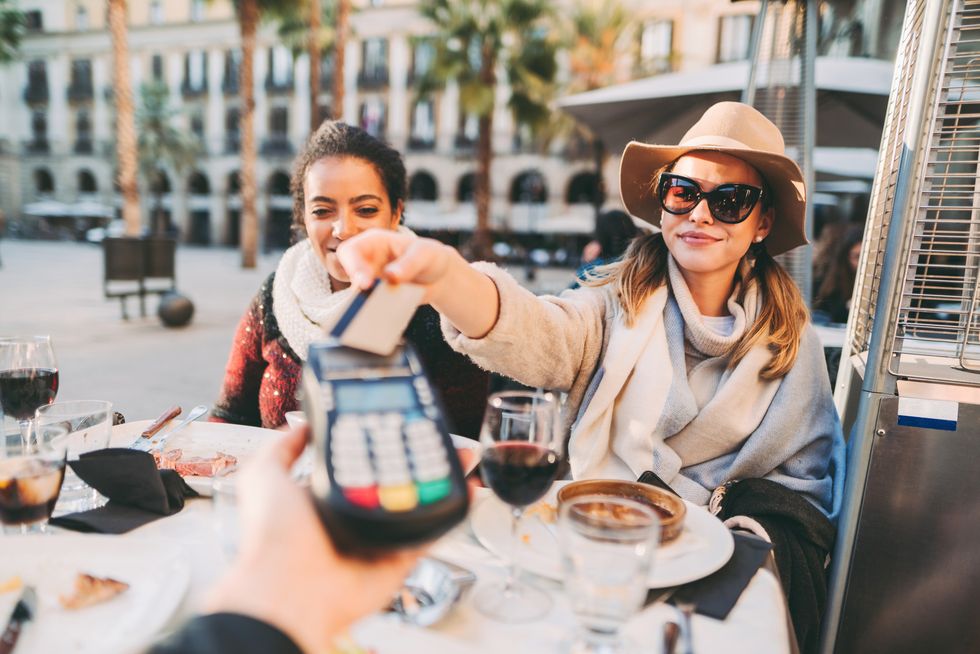 martin-dm//Getty Images
martin-dm//Getty ImagesNo foreign transaction fees are great, but if you want to avoid inflated exchange rates, you need to choose the local currency when purchasing anything abroad with your credit card. “If you are, for example, using a US credit card while in Europe, the payment terminal will often ask whether you want to pay in USD or Euros,” explains Patricia Palacios, co-founder of España Guide, a travel website for Spain. “If you select USD, the intermediary bank will give you an awful exchange rate.”
Moreover, she recommends travelers keep an eye on the screen of the terminal during the payment process. “Because sometimes the waiter or shopkeeper doesn’t even ask you and selects whichever currency they feel like.”
Advertisement - Continue Reading Below
11Verify you’re messaging with the actual company on social media
 Westend61//Getty Images
Westend61//Getty ImagesAs of late, Bolsover has seen a lot of social media customer support impersonators. “One common travel scam that’s currently taking over social media, particularly X [f.k.a. Twitter] targets those who have had a recent flight change or cancellation,” he tells us. “Customers often reach out to airline help accounts on social media to help get issues resolved, but recently they find that the accounts responding are actually scammers posing as these airlines. They use the airline's profile picture and bio, and now that anyone with a bank account can secure a blue tick, they look trustworthy to unsuspecting travelers.”
To avoid this, he advises travelers to check the handle of the account to ensure it’s from the original airline. “It’s also helpful to check how many followers the account has, as an unusually low amount indicates that the account is fake. Looking at when the account was created is also a giveaway.”
Advertisement - Continue Reading Below
Advertisement - Continue Reading Below
Advertisement - Continue Reading Below
